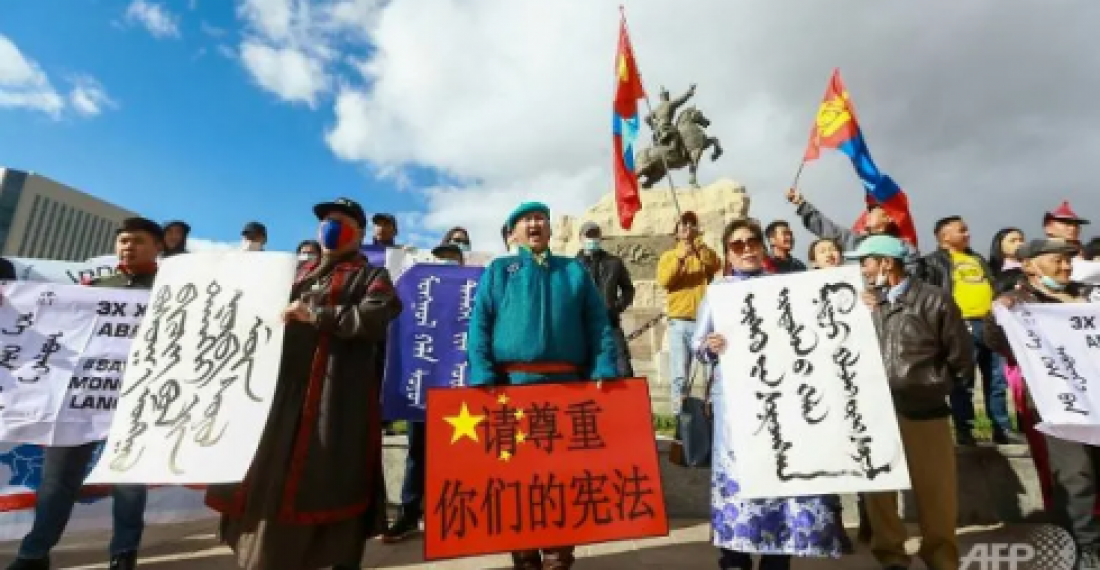The recent visit of Chinese Foreign Minister Wang Yi to a number of Central Asian countries, at a time when China is under increased international pressure and in dispute with a number of its neighbours, was a clear indication that Beijing is determined to maintain its special, and often privileged position in the region. Wang Yi visited Kazakhstan, Kyrgyzstan and Mongolia from 12-16 September.
Speaking ahead of the visit a Chinese Foreign Ministry spokesman said, "Kazakhstan, Kyrgyzstan and Mongolia are all important neighbours. China and Kazakhstan are permanent comprehensive strategic partners, and China, Kyrgyzstan and Mongolia are comprehensive strategic partners". According to the spokesman the aim of the visit was to "consolidate the traditional friendship, strengthen cooperation in fighting COVID-19, deepen practical cooperation in various fields, promote the high-quality development of Belt and Road Initiative cooperation, and enhance coordination and cooperation in international affairs".
Receiving the Chinese Minister on Saturday (12 September) Kazakh President Kassim Jomart Tokaev commended the extensive and friendly relations between the two countries, which, as he said, are based on close political dialogue, trade and economic cooperation. He stressed the importance of implementing proposed investment projects, including in the field of agriculture, where Kazakhstan boasts significant opportunities for profitable investment. "Kazakh producers have great potential and can begin exporting a wide range of agricultural products to China, including cereals and oilseeds," said Tokayev.
Tokayev and Chinese President Xi Jinping agreed last year during Tokayev's visit to China to bring up their bilateral ties to a new level of strategic partnership.
Kazakhstan is an "important strategic partner of China in the region," said Wang conveying the message of Chinese leader Xi Jinping. China, he said, is ready to strengthen and grow its partnership with Kazakhstan. "The Chinese leadership welcomes and supports the reforms announced by the Kazakh President aimed at political, social, and economic transformations and taking into account the needs of the Kazakh society," said Wang.
In Mongolia however, the Chinese Minister also encountered protests when he arrived there on Tuesday (15 September), as Mongolians gathered in the capital to speak out against Beijing's controversial language policy towards its ethnic minority regions. Mongolia borders China's province of Inner Mongolia, which has seen weeks of protests and education boycotts over a policy change requiring all core subjects at schools to be taught in Mandarin rather than the local language. China's move follows similar action in Tibet and Xinjiang to assimilate local minorities into the dominant Han population. As Wang arrived on Tuesday, more than a hundred protesters gathered in Ulaanbaatar's main square in traditional Mongolian tunics, shouting: "Let's protect the mother tongue, let's protect our blood brothers."
source: commonspace.eu with agencies
photo: Mongolians gathered in the capital Ulaan Bator to speak out against Beijing's controversial language policy towards its ethnic minority regions, including in neighbouriing Inner Mongolia region







